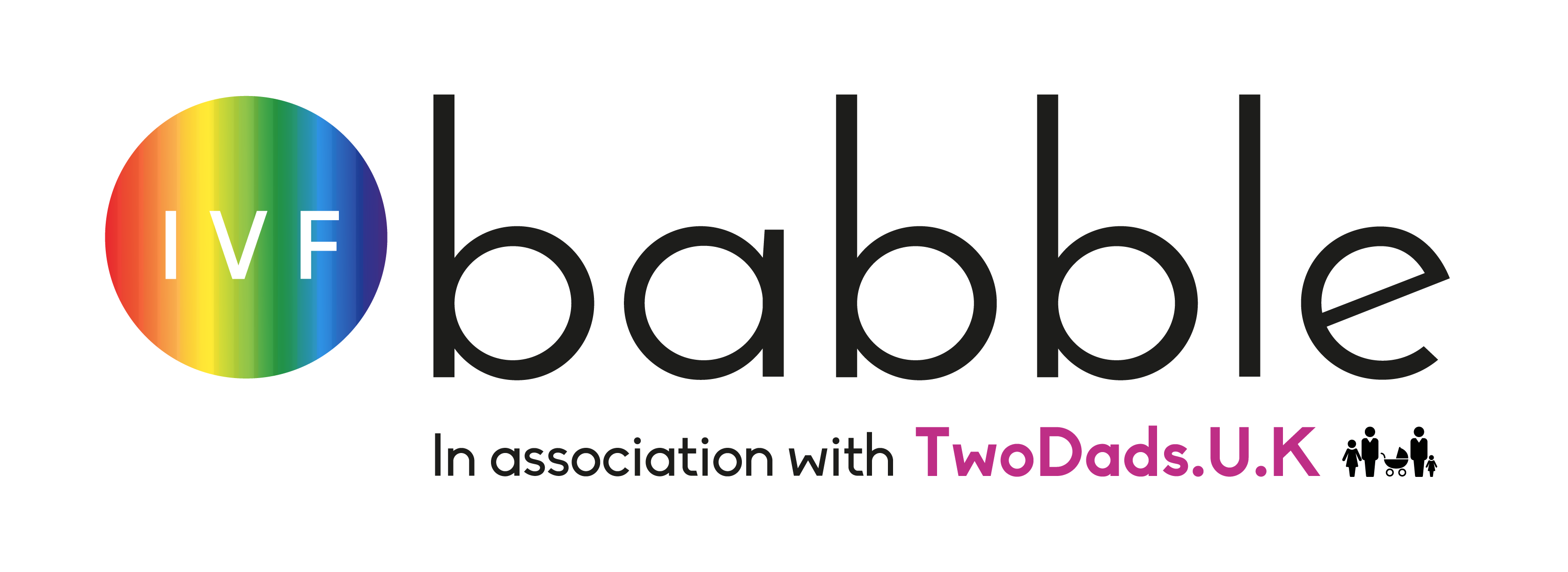Same-sex couples, single people and infertile women are being given new hope in Malta as the country overhauls its strict fertility laws
The current laws restrict fertility treatment to just heterosexual couples.
But the new proposals being debated in parliament mean that for the first time gamete donation could be brought into law and a consultation paper on surrogacy is being considered.
As it stands, only two eggs maybe fertilised in an IVF cycle and a maximum of two embryos can be transferred to the woman. Embryos can only be frozen in exceptional circumstances and leftover eggs can be frozen for a certain amount of time, as long as they are not fertilised.
According to Bionews, the proposed bill will permit the creation of up to five embryos, with two being transferred at a time. Others can subsequently be frozen for use in future.
Embryo research is currently illegal and and will remain so, even embryos with serious defects cannot be discarded. Couples who have completed their family, or a woman reaches the age of 43 and has not used the embryos, can donate to other couples or made available for adoption.
Deputy prime minster, Chris Fearne said: “In this way, all frozen embryos will have the possibility to develop because the authority will be able to give them up for adoption, even to couples abroad.”
He also said he hopes to introduce regulations allowing surrogacy arrangements in an upcoming white paper on the altruistic method.
Have you been adversely affected by Malta’s current fertility laws? Do you welcome the proposals and debate? Let us know your story, email [email protected]








